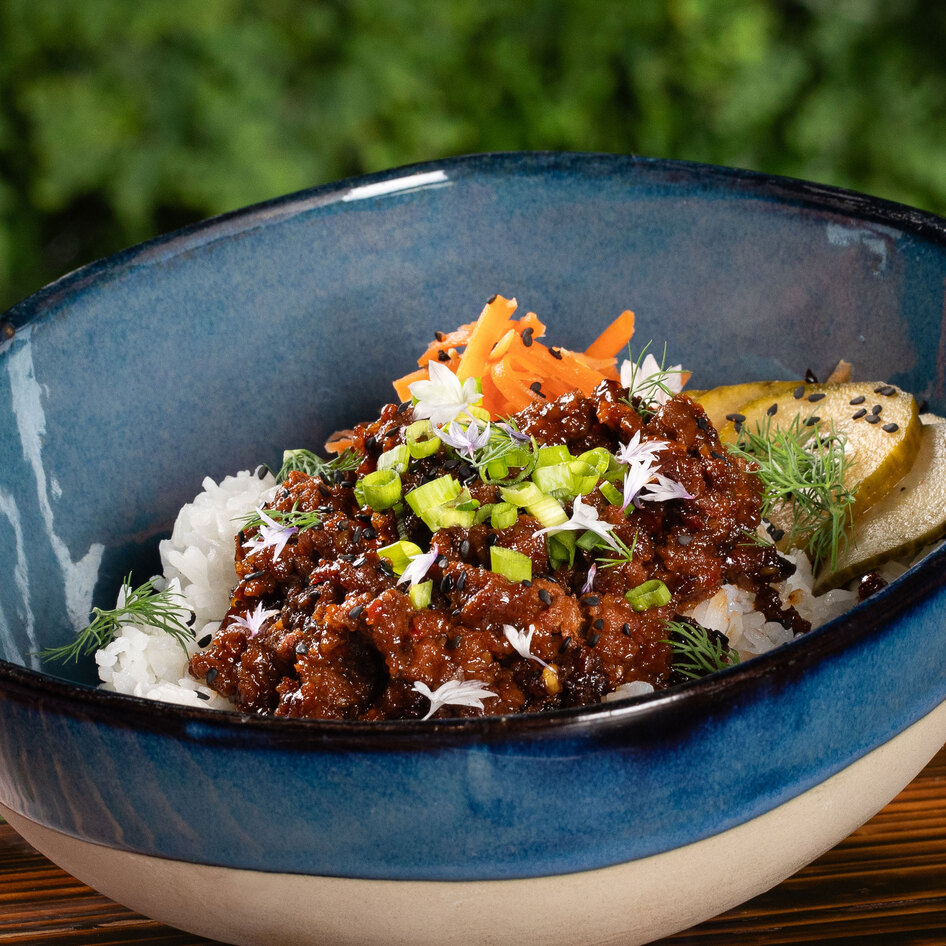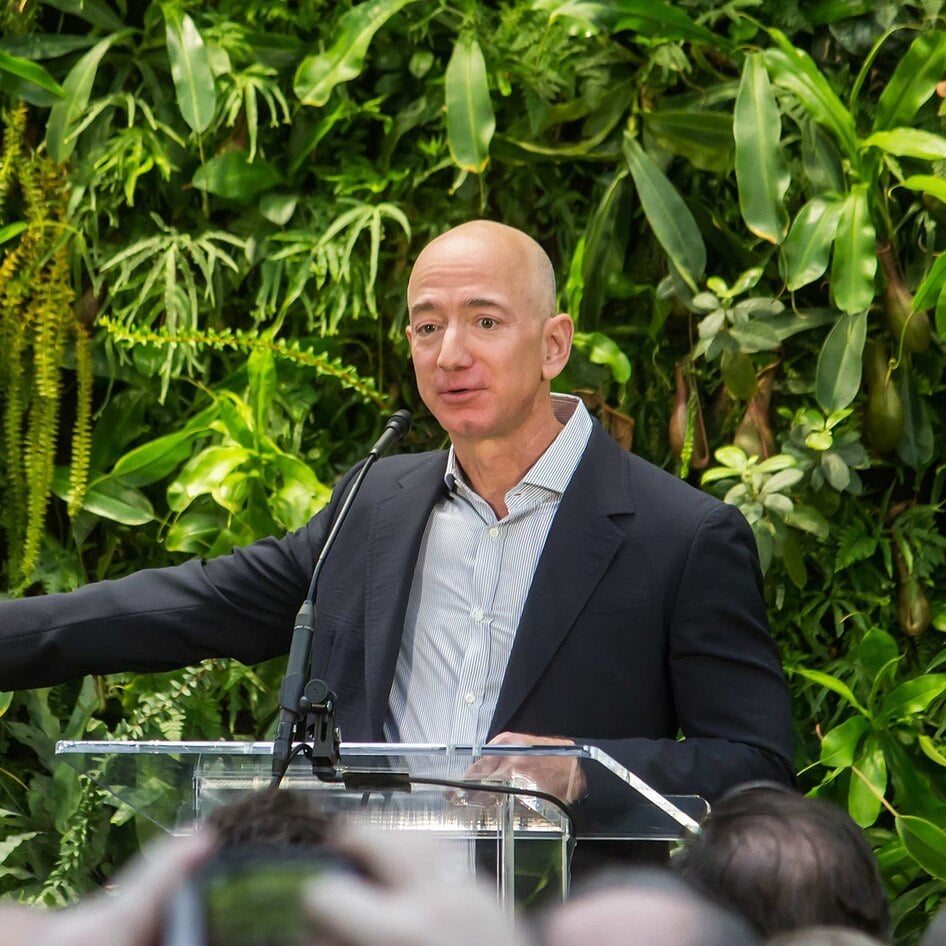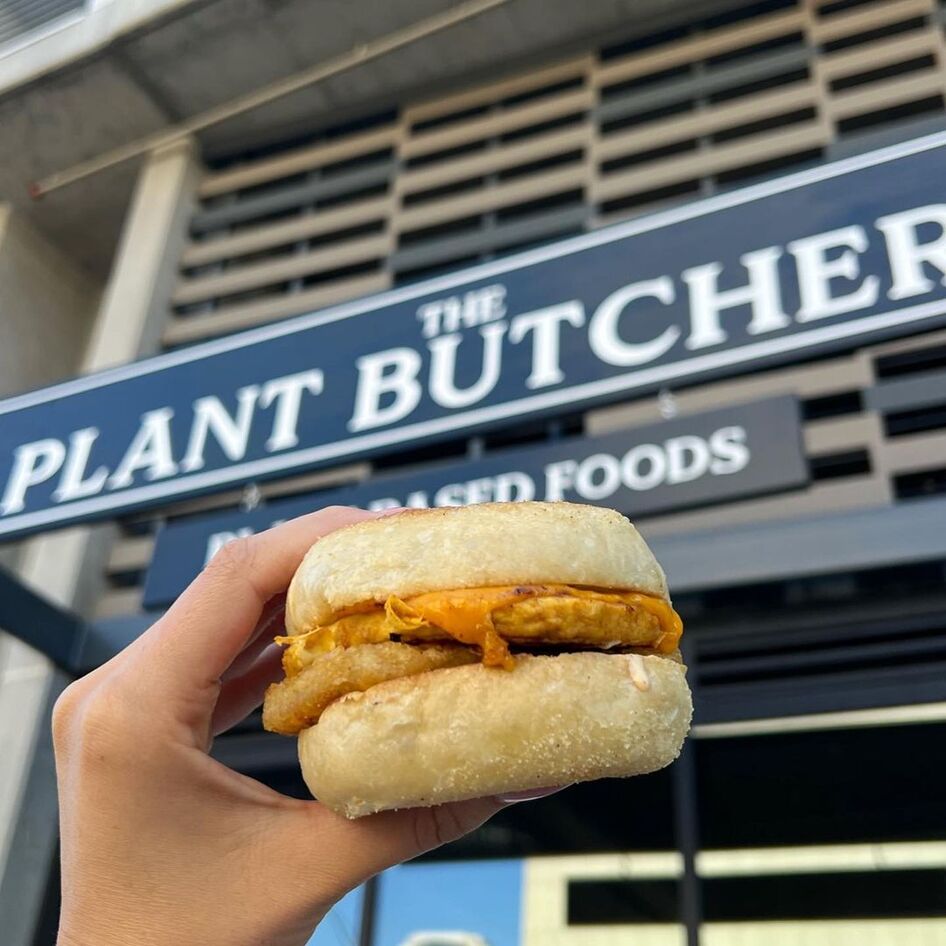Launch a Vegan Business with Kickstarter
Start a vegan business, open an animal sanctuary, or write a cookbook with the help of Kickstarter’s community-focused fundraising platform.
February 13, 2011
Whether it is to pen the next great American novel, open a bar where there’s never a last call, or start a band, everyone has a dream. Unfortunately, with unemployment more than nine percent and many Americans fighting to get by, opening a vegan pizza parlor might seem less than probable. However, with an online fundraising system called Kickstarter, vegans all over the country are making their wildest dreams come true with a little help from like-minded donors.
Kicking Around an Idea
The idea of Kickstarter, founded in 2009 by Charles Adler, Perry Chen, and Yancey Strickler, was born from financial anguish. In 2002, Chen thought of the idea after cancelling a concert due to insufficient funds, then later shared the idea with Strickler. The pair raised the start-up money from family and friends and launched the website with the help of tech designer Adler. Less than two years later, Kickstarter is the world’s largest funding platform for creative projects.
Kick off a Campaign
Kickstarter uses a platform known as crowd-funding, wherein an organization facilitates fundraising from the general public. Project owners create pages on the Kickstarter website telling potential donors about their idea, from its inception to how much money they need and how the donations will be used. If project owners reach their pledge amount in their self-chosen timeframe, they keep it. If not, no money is exchanged between donors and project owners. In addition, project owners keep 100-percent ownership and control over their projects. For projects to be successful, a good story and donor rewards are key. The more potential donors can indentify with a story, the more those donors will be willing to anonymously give to a certain project, and creating an engaging video is hugely important. Chen says that projects with videos have a higher success rate. “What’s great about video is that it allows you to connect especially with people that don’t already know you. It’s an amazing introduction,” Chen says. Additionally, those projects that utilize Kickstarter’s rewards system often achieve their funding goals. Cakeface, a specialty vegan baked goods business in Portland, Maine, successfully fundraised $1,545 for advertising and a storefront. For pledges of $10, Cakeface sent a handwritten thank-you card; for pledges of $100, donors also received a card, but got a t-shirt, and six cupcakes as well.
Vegan Ventures Alive and Kicking
From cookbooks to edible vegan dishware, vegan entrepreneurs all over the country have had success with the help of Kickstarter’s platform. Sweet Ritual, an Austin, Texas-based vegan ice cream company with flavors ranging from chocolate and lavender to Faux Butterfinger, is opening a brand-new storefront in 2011 thanks in part to Kickstarter donations. Sonya Cotton, a vegan musician from San Francisco, Calif., recently met her $10,000 goal to fund a new album. Louisville, Ken., chef Stanley Chase III made his wish of opening a vegan food truck come to life in January by raising $13,002 (surpassing his goal of $12,000) to buy a food truck, cover operating costs, and purchase equipment for his venture, Morels Food Truck. Chase can now make his homemade buffalo seitan wings thanks to strangers from Los Angeles to The Netherlands who, the chef said, “believe in what I’m doing.”
From bakeries to rock bands, Kickstarter is a clever grassroots way to make vegan fantasies become meat-free realities. With a good idea, creativity, and enthusiasm, anyone can start a new venture, expand an existing business, or find a supportive customer base.
JUMP TO ... Latest News | Recipes | Guides | Health | Shop







